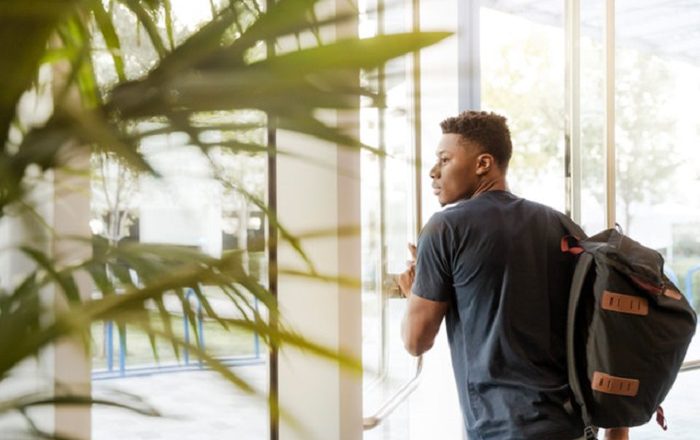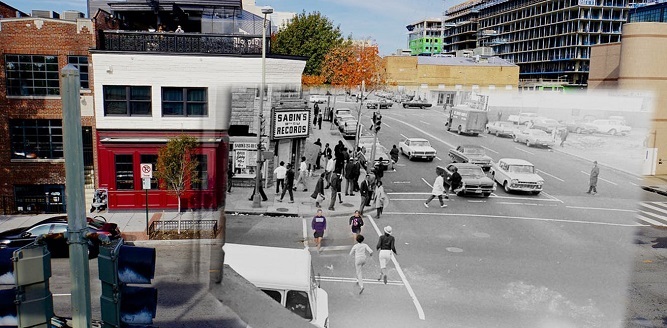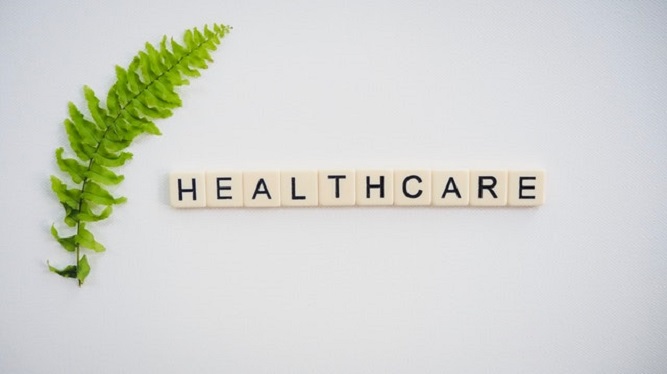Black Americans are bearing the brunt of coronavirus recession – this should come as no surprise
As the COVID-19 pandemic worsened in April, many Americans were shocked by the extent that black Americans were being disproportionately impacted: higher infection rates, more deaths and greater job loss.
But many black Americans were not surprised.
This is not new. The same dynamic has been going on at times of crisis for decades and generations.
As a labor economist and former chief economist at the U.S. Department of Labor under the Clinton administration, I know that history has shown that black Americans consistently bear the brunt of recessions and natural disasters.
Economic history repeating itself
Prior to this pandemic, the worst economic downturns in post-World War II America were the 1981-82 recession and the Great Recession that followed the 2007-2008 financial crisis. Duri...



